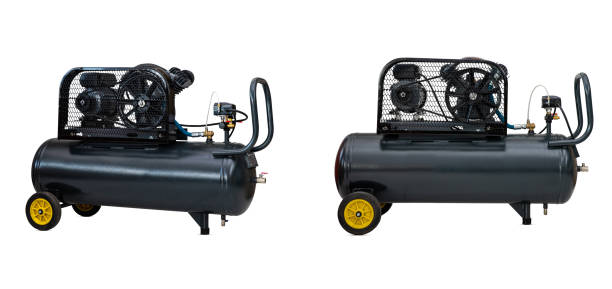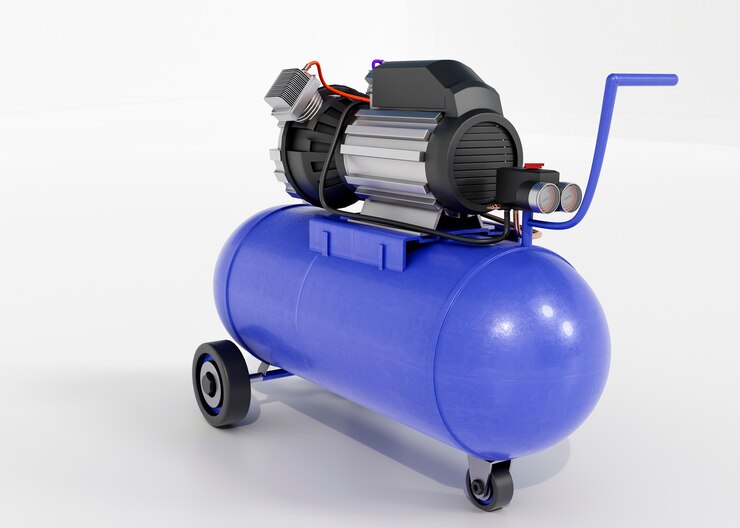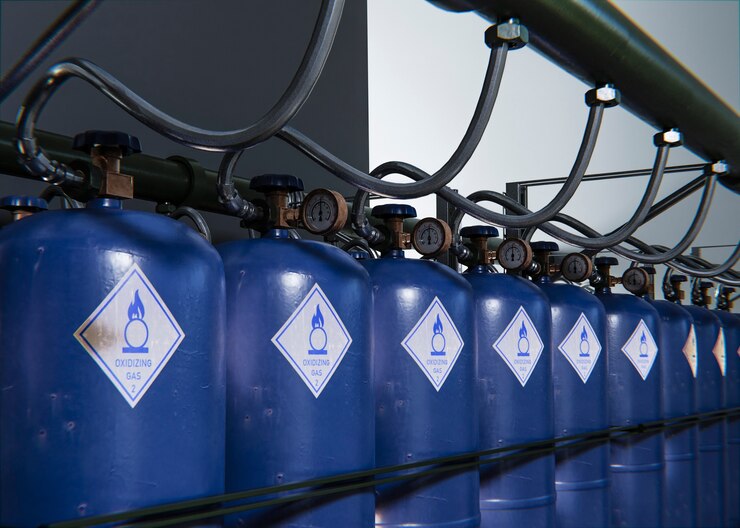Reciprocating Compressor API standard: Your Guide to Performance & Selection
Mastering Reciprocating Compressors: A Guide to api Standards and Performance:
Reciprocal compressors are the backbone of many industrial processes, finding widespread use in petrochemical facilities, refineries, and the natural gas sector. These compressors meet certain api specifications to guarantee peak performance, dependability, and safety. This in-depth manual explores the realm of reciprocating compressor api standard, giving you the skills necessary to choose, run, and repair these crucial devices.
The Power of Standards: Understanding api 618
Partner with a trusted expert in API 618 compliant reciprocating compressors. LEiYAO Compressors offers a comprehensive selection of solutions tailored to your specific needs. Contact our experienced team today to discuss your requirements and discover how API 618-certified compressors can elevate your industrial processes.”
The standard that reciprocating compressors used in the petroleum, chemical, and gas industries are primarily measured to is a standard 618. The API 618 describes the minimal standards for design, materials, production, inspection, testing, and documentation. It was developed via collaboration between producers and users. Here’s a glimpse into the key aspects covered by API 618:
- Minimum Requirements:
API 618 establishes minimum standards for compressor parts, guaranteeing uniform performance and quality from various manufacturers. These cover specifications for lubrication systems, auxiliary equipment, rods, bearings, pistons, and cylinders.
- Enhanced Reliability:
Compressor users gain from lower downtime and more dependable equipment by following API 618 specifications. The standard’s strict design and production guidelines reduce the possibility of errors and encourage efficient functioning.
- Enhanced Safety
API 618 places a high priority on safety issues, including recommendations for pressure release devices, the selection of materials for hazardous settings, and the use of appropriate equipment to keep an eye on important operating parameters. Take a closer look at our comprehensive resource to learn more about the nuances of API 618: An Extensive Examination of Reciprocating Compressor API Standard visit our important website.
Optimizing Performance: Selecting the Right Reciprocating Compressor:
When selecting the best reciprocating compressor for your particular application, it’s important to carefully weigh the following factors:
- Process Requirements:
Compressor selection is greatly influenced by the kind of gas being compressed, the required flow rate, and the discharge pressure. There are several configurations for API 618 compressors to meet a variety of process requirements.
- Curves of Performance
It is essential to consult the compressor’s performance curves to confirm that it can operate under the particular settings you have set. Across a range of operating conditions, these curves usually show the connection between flow rate, discharge pressure, power consumption, and efficiency.
- API 618 Certification:
Choosing an API 618-certified compressor ensures that it complies with the norms set out by the industry for production, design, and performance. Regarding the compressor’s dependability, safety, and appropriateness for demanding applications, this certification offers peace of mind.
Ensuring Compliance: The API 618 Certification Process
- Manufacturing Inspections:
During the manufacturing process, the API inspector visits the site to confirm that the materials, welding techniques, and quality control processes correspond to API 618 requirements.
- Performance Testing:
The compressor is put through a thorough performance testing process once it is constructed to make sure it satisfies the required discharge pressure, flow rate, and efficiency standards. Under the observation of an API-approved witness, this testing is normally carried out at a manufacturer’s facility or an independent laboratory.
- Deviations from API 618 Standards:
Although API 618 provides a thorough foundation for reciprocating compressors, there may be circumstances in which deviating from the standard is required. However, API must explicitly authorize and document these variances.
Applications in Action: Where API 618 Compressors Shine
Reciprocating compressor api standard is the workhorse of many industrial processes, providing dependable performance and seamless operation under harsh conditions. Let’s examine in more detail a few important application areas where API 618 compressors are essential:

- Refineries:
API 618 compressors play a key role in Fluid Catalytic Cracking (FCC) machines, which transform heavy petroleum fractions into lighter, higher-value products like gasoline. Within the FCC process, they manage the pressurization of several gas streams, such as reaction product gas and regenerated catalyst gas.
Hydrocracking: Diesel fuel and jet fuel are lighter products of the hydrocracking process, which uses hydrogen to break down larger hydrocarbons. By applying pressure to both the hydrogen feedstock and the hydrocarbon feed stream, API 618 compressors are essential to the hydrocracking process.
Distillation: One of the key procedures used in refineries to split crude oil into its constituent parts is fractional distillation. During the distillation process, light hydrocarbon streams like naphtha and LPG (liquefied petroleum gas) are pressurized using API 618 compressors.
- Petrochemical Facilities:
Manufacturing of Ethylene: Pressurization is needed for the manufacturing of ethylene, which is a building block for many polymers. The compression of ethane and other hydrocarbon feedstocks is a process best handled by API 618 compressors.
Manufacturing of Propylene: Pressurization for the manufacturing of propylene, another vital petrochemical, is dependent upon API 618 compressors, much as ethylene. These compressors effectively handle feedstocks including propylene and recycling streams.
Different uses:
- Natural Gas Industry:
Compression at the Wellhead: Pressurization is frequently necessary for the transmission of natural gas collected from wells through pipelines.
Gas Transmission: To keep natural gas pipes under pressure, API 618 compressors are essential. These compressors, which are positioned strategically along the pipeline, guarantee that there is enough pressure to provide natural gas to customers.
Gas Storage: Pressurizing natural gas before injecting it into subterranean storage facilities is a common method of storing it for seasonal variations. This procedure uses API 618 compressors to compress natural gas effectively for storage and later extraction.
- Chemical Processing:
API 618 compressors are frequently used in the production of a broad variety of chemicals to handle different process gasses.
- Power Generation:
API 618 compressors are utilized for compressed air or natural gas in some power generation applications.
- Food and Beverage Production:
API 618 compressors may be used in several food and beverage industry operations to meet special gas compression requirements.
Conclusion:
LEiYAO Compressors is your reliable partner in the field of reciprocating compressors that comply with reciprocating compressor api standard. We provide a wide range of options that are customized to fit your unique application requirements.



